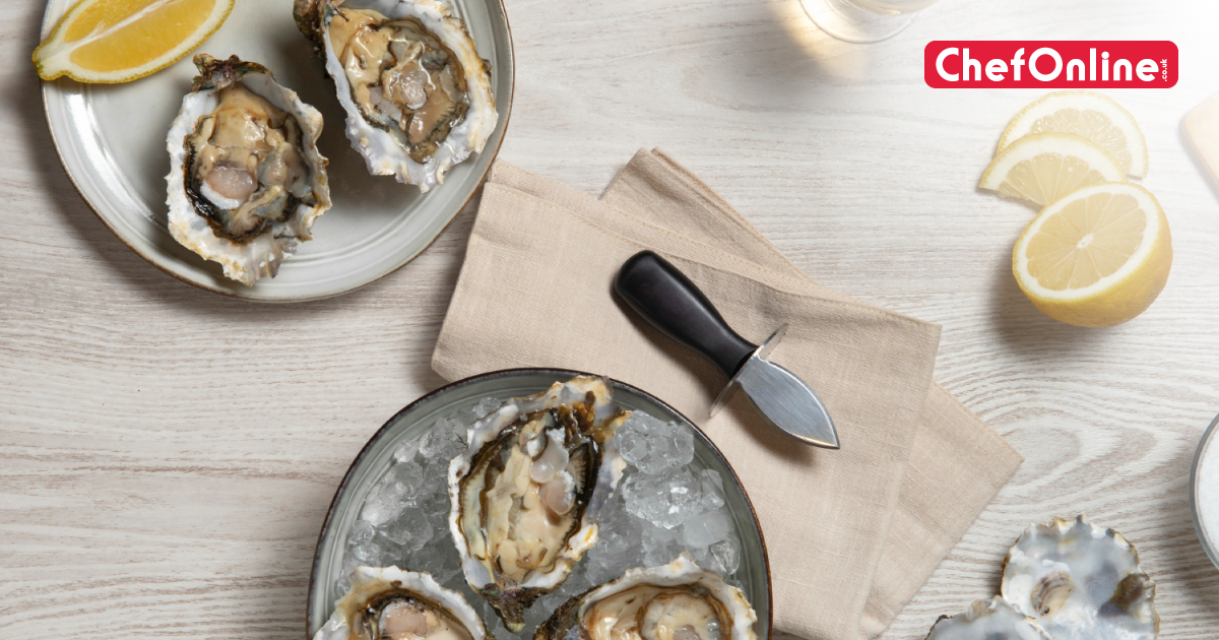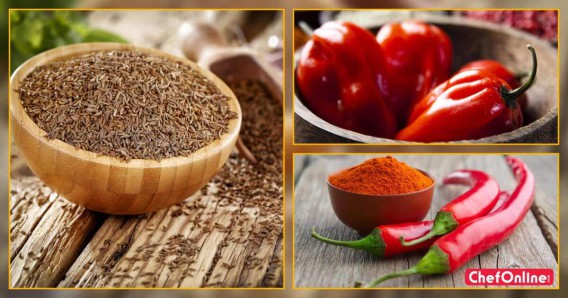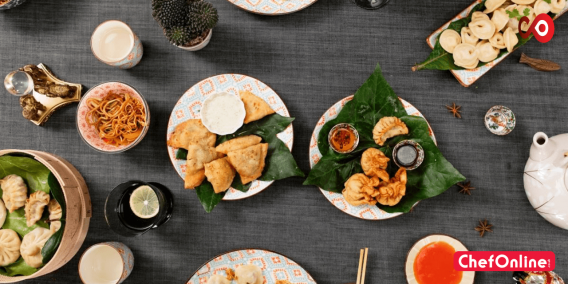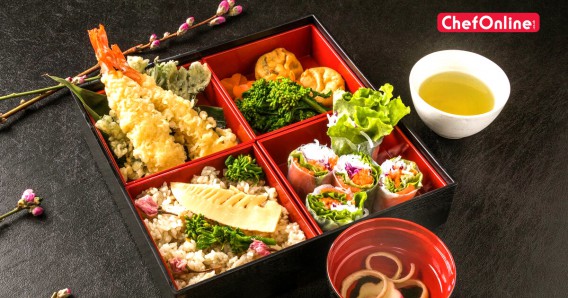While waiting at the restaurant, have you ever wondered how long the ketchup bottle has been sitting on that table? Or are the vegetables in the salad bowl fresh or not?
Dining out is certainly something to enjoy, but sometimes, certain items aren’t worth trying, no matter how pricey or cheap. Starting from the ingredients to meals that could give your stomach trouble, these are the foods you should never eat in restaurants.
Chicken Parmesan
Are those tempting, saucy, crispy chicken parmesan calling you? Think twice before you order it at a restaurant. This dish is made from frozen chicken rather than fresh in most restaurants. Besides, with lots of cheese and sauce, it’s not considered a healthy option.
Unless you want to get disappointed, order something healthier, such as chicken tandoori, which is low in calories. Also, try to order it somewhere where it’s the most ordered item, ensuring they can’t serve you something frozen.
Raw Oysters
While oysters are extremely popular, you must reconsider the order unless you’re in a dedicated seafood restaurant. Oysters require careful storage and preparation, especially the raw ones.
It’s because oysters carry two dangerous foodborne diseases - Norovirus and Vibrio. If not careful, even a single bad mussel can make you sick. If you really want to try this food, consider the cooked oysters instead of raw. Otherwise, it might be the riskiest choice you would ever make.
Sugary Beverages
Do you really consider freshly squeezed orange juice healthier than pasteurised ones? Think again. It might be another risky choice while eating in a restaurant.
Most fresh juices ordered in a restaurant are full of sugar and often teem with bacteria when left out at warm temperatures. If you’re not convinced it was prepared properly, try to avoid fresh juice.
Salad in Buffet
Does the salad bar at the buffet look appealing? Take our advice and just walk away. Any dish left out for too long can cause food poisoning. Even though recent rules have improved buffet food quality, buffet foods are still at risk of contamination from other customers and restaurant staff.
However, establishments that have won any prestigious restaurant award for their top-notch services tend to be extremely cautious about food safety. While eating the buffet, check if the dishes are at the right temperature. Also, avoid items and use serving spoons from other dishes to keep yourself safe from cross-contaminating bacteria.
The Bread Basket
We all know bread has empty calories, but there are even more reasons to avoid it at restaurants. Bread baskets often go from table to table. Yes, you heard that right.
The bread you receive might be leftovers from other diners, stale and covered in germs. Similarly, bar snacks come with their own set of problems. Many hands touch the popcorn or peanuts, and they could have been sitting out for days before you eat them.
The Soup Special
The soup of the day is a clever way for chefs to use leftover ingredients before they spoil. Renowned British chef Gordon Ramsay advises checking if today's soup is the same as yesterday's. If it is, you might get the soup of the month instead of something freshly made.
If you’re truly craving soup, try ordering something popular like the tom yum or hot & sour soup. These are some of the most ordered soups in a restaurant and chances are they won't serve you the leftovers.
Fish on The First Day of The Week
There’s something fishy in Monday’s fish. While fresh catch is delightful, old fish is anything but appetising. Be especially cautious when ordering fish on Mondays. Since some seafood markets are closed over the weekend, Monday's fish special might come from the freezer or, even worse, might have been sitting in the fridge for days.
While ordering, you can ask the waiter when the fish was sourced. If that doesn’t help, ordering fish on the other days of the week is always a wise choice.
Pizza at a Restaurant That Doesn’t Specialise in Pie
Pizza is a major profit booster for restaurants because the ingredients are inexpensive, yet it can be sold at a high price. If you're dining at a speciality pizza place that makes its own dough and uses gourmet meats and cheeses, that's fantastic. But if you're at a pub charging £15 for a frozen, supermarket-quality pizza, it's best to pass on it.
Wrapping Up
Dining out can be a delightful experience, but it's important to be mindful of certain potential pitfalls. Many dishes may not be as fresh as they seem, and some can pose health risks due to questionable preparation practices. Try to be selective and informed about what you order to enjoy your meal without compromising your health or satisfaction.
Prioritise items that are known for their quality and freshness, and don't hesitate to ask questions about the food. A little caution can go a long way in ensuring a pleasant and safe dining experience. Remember, making wise choices will enhance your experience and keep you coming back for more.






